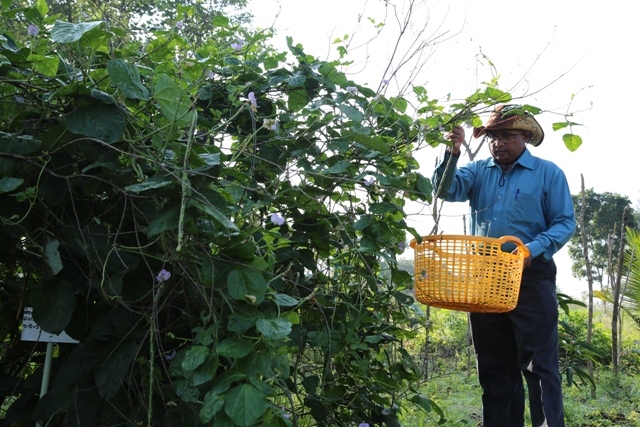
Sustainable development refers to development that meets the present needs without compromising the ability of future generations to meet their needs. Sustainability is a complex phenomenon viewed differently by various people that involves biology, ecology, economics, and socio-cultural and political considerations. A clear-cut definition that satisfies all is difficult.
Goodland and Ledec (1986) defined sustainable development as a pattern of social and structural economic transformations, which optimizes the economic and other societal benefits available in the present without jeopardizing the likely potential for similar benefits in the future. Sustainable rice farming could be defined as the process, by which farmers manage soil and water relying, mainly on farm resources to enhance productivity and maintain it to meet farm and family needs, without adversely affecting the production environment. The work to attain agricultural sustainability, particularly with rice farming, requires careful adaptation of agricultural technologies to local social, economic, political, and ecological realities.







